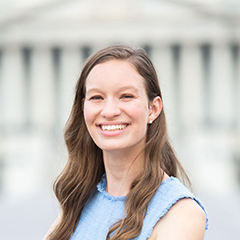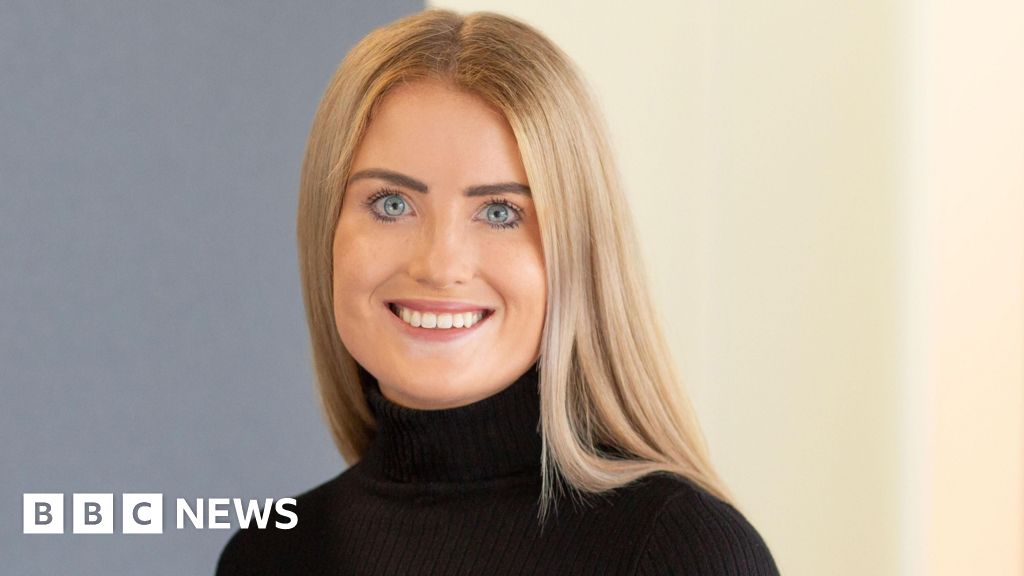The Host
Health care might not have been the biggest issue in the campaign, but the return of Donald Trump to the presidency is likely to have a seismic impact on health policy over the next four years.
Changes to the Affordable Care Act, Medicaid, and the nation’s public health infrastructure are likely on the agenda. But how far Trump goes will depend largely on who staffs key health policy roles and on whether Democrats take a majority in the U.S. House, where several races remain uncalled.
This week’s panelists are Julie Rovner of KFF Health News, Rachel Cohrs Zhang of Stat, and Alice Miranda Ollstein of Politico.
Panelists
Among the takeaways from this week’s episode:
- As of Friday morning, it remained unclear which party will control the House next year. A Democratic-controlled House would offer a check against Republican policy changes and some control of key government oversight committees. A Republican House would give the party full control of Congress and the presidency. Either way, the party in control will have a slim majority.
- Majorities of voters in eight states voted to protect abortion rights — though the ballot measures passed in only seven states. (More than half of voters in Florida voted for the abortion rights measure, but the state requires at least 60% support for ballot measures to pass.)
- Robert F. Kennedy Jr. — now a key voice in the Trump transition team — is telegraphing big plans for health policy. Who ends up in Trump’s Cabinet will make a difference, as the president-elect is seemingly outsourcing much of his health policy planning in favor of focusing on issues such as the economy, immigration, and trade.
- And conservative appointees throughout the judicial system are likely to remain friendly to Trump administration causes, which could open the door to more challenges to federal policies. Several important legal challenges are already winding through the courts.
Also this week, Rovner interviews KFF Health News’ Jackie Fortiér, who reported and wrote the latest KFF Health News-Washington Post “Bill of the Month” feature, about a 2-year old who had an expensive run-in with a rattlesnake. Do you have a medical bill that is exorbitant, baffling, infuriating, or all of the above? Tell us about it!
Plus, for “extra credit,” the panelists suggest health policy stories they read this week that they think you should read, too:
Julie Rovner: KFF Health News’ “Dentists Are Pulling ‘Healthy’ and Treatable Teeth to Profit From Implants, Experts Warn,” by Brett Kelman and Anna Werner of CBS News.
Alice Miranda Ollstein: Politico’s “The Election’s Stakes for Global Health,” by Carmen Paun.
Rachel Cohrs Zhang: KFF Health News’ “As Nuns Disappear, Many Catholic Hospitals Look More Like Megacorporations,” by Samantha Liss.
Also mentioned in this week’s podcast:
To hear all our podcasts, click here.
And subscribe to KFF Health News’ “What the Health?” on Spotify, Apple Podcasts, Pocket Casts, or wherever you listen to podcasts.







